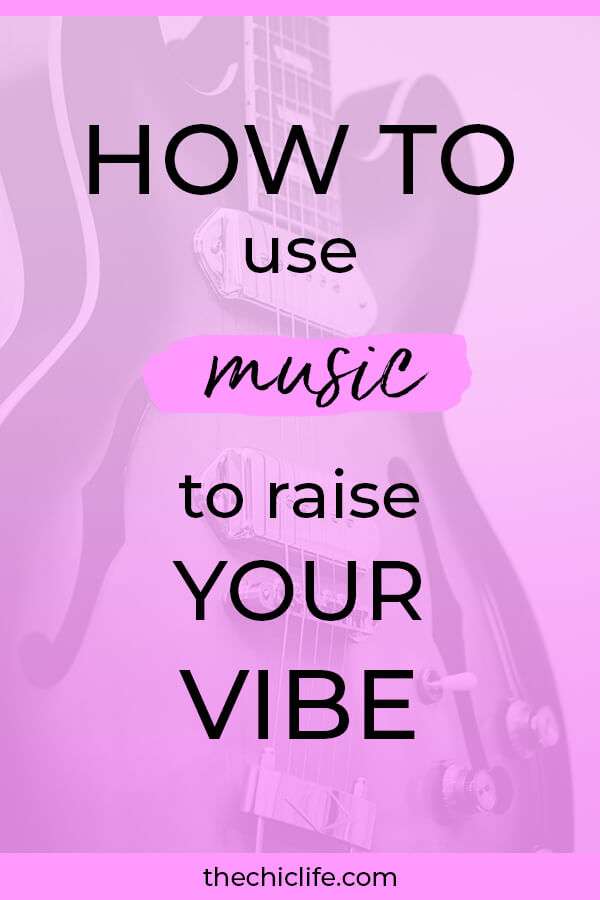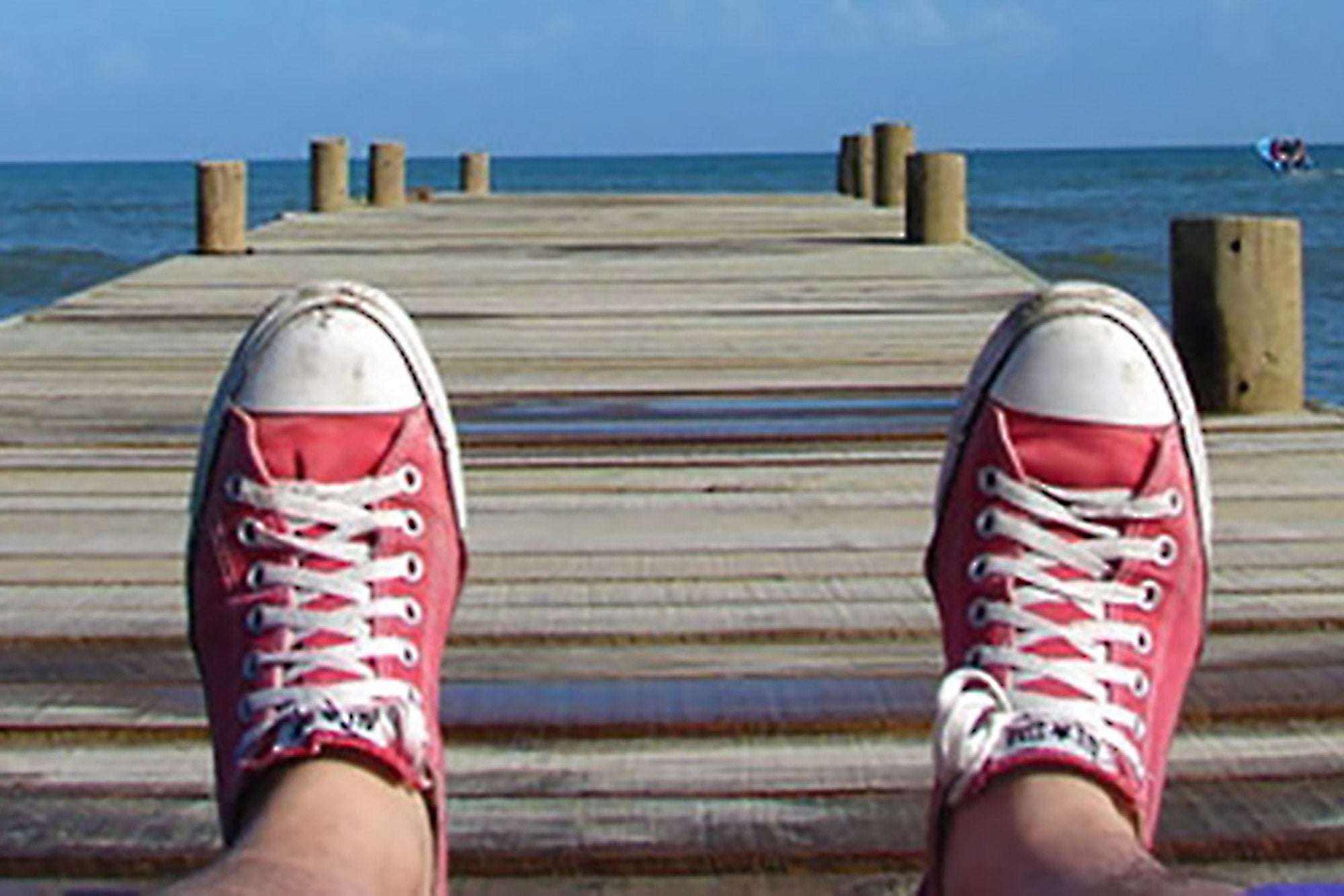 Why relaxation is so important Posted by Justine Clarabut on 15 April, 2019
Why relaxation is so important Posted by Justine Clarabut on 15 April, 2019
“Sometimes the most productive thing you can do is relax” Mark Black
This is such an inspiring yet simple quote! At times, we get so embroiled in our hectic lifestyles with deadlines to meet and work-life pressure that we actually forget to relax! Yet relaxing for just 5 minutes periodically by stepping away from what is causing our stress levels to rise, can give us the energy we need to tackle our workload or problem we are facing.
Stress isn’t all bad! A certain amount of stress is necessary to deal with difficult situations in our everyday lives. Physical changes in our bodies occur enabling us to take action, which fades quickly once the problem encountered has gone. However, if we stay in a state of high stress for too long, it can be damaging to our health.
Stress can affect our physical, mental and emotional wellbeing and how we react or behave!
Physical symptoms such as headaches, tension in the neck and shoulders, dizziness, fatigue and poor sleep can all be a result of stress overload. Stress can affect our mental state too as it elevates levels of cortisol; a hormone that affects the function of the brain. This can result in worrying, poor concentration, difficulty in making decisions and uncontrollable thoughts. And to add to the list, emotional symptoms can present as irritability, feelings of being overwhelmed, anxiety, low self-esteem and depression. A person in a high state of stress can cause aggressive or defensive behaviour, avoiding situations, poor communication, drinking too much alcohol and smoking. It can exacerbate mood disorders too.
Being over stressed for long periods of time can also cause fatigue. According to mentalhelp.net “Byproducts of stress hormones can act as sedatives (chemical substances which cause us to become calm or fatigued). When such hormone byproducts occur in large amounts (which will happen under conditions of chronic stress), they may contribute to a sustained feeling of low energy or depression”
We are not always able to avoid stress but learning to manage stress is key!
Practicing ‘relaxation’ is paramount to managing stress. When we relax, the flow of blood increases around our body giving us more energy. It helps us to have a calmer and clearer mind which aids positive thinking, concentration, memory and decision making. Relaxation slows our heart rate, reduces our blood pressure and relieves tension. It also aids digestion as we absorb essential nutrients more efficiently when relaxed, which helps to fight off disease and infection.
Refresh throughout our day!
Not only should we start our day feeling refreshed but we should continue to refresh at various points throughout our day! Schedule in 5 minutes a few times during your day to reduce stress levels and give your energy levels a boost. Here’s a few relaxation techniques that are quick and easy to do:
- Focus on your breathing
- Meditation – you can always use an app to help! We love headspace.com
- Progressive muscle relaxation (tighten and relax your muscles throughout your body),
- Visualisation – imagine a relaxing place and focus on the details.
- Take a gentle walk being mindful of your surroundings, keep your focus on the plants, the trees, the sunshine, the clouds…

Take control by finding a relaxing solution that satisfies you – this in itself is empowering.
It is really important to try to relax at home too. There are many simple inexpensive ways to have a little calm in your life – listen to music, take a walk, read a book, be creative, talk to a friend, exercise, take a hot bath or whatever helps you to release the stress from your mind and body. Read more about stress busters here.
Give your staff the chance to relax!
Mental Health awareness week runs from 13th to 19th May! This is a great chance for you to promote some stress busting techniques within your office! Why not run a Mental Health Workshop for your staff, or Stress Management Training for your management teams.
Further reading and references
https://www.nhs.uk/conditions/stress-anxiety-depression/understanding-stress/
https://www.mind.org.uk/information-support/tips-for-everyday-living/relaxation/#.XLCEAjBKipo
https://www.mentalhelp.net/articles/mental-and-emotional-impact-of-stress/
Relaxation techniques: Try these steps to reduce stress
Relaxation techniques can reduce stress symptoms and help you enjoy a better quality of life, especially if you have an illness. Explore relaxation techniques you can do by yourself.
By Mayo Clinic Staff
Products and Services
If you receive care at Mayo Clinic, consider registering for this online class: Introduction to tai chi
Relaxation techniques are a great way to help with stress management. Relaxation isn’t only about peace of mind or enjoying a hobby. It’s a process that decreases the stress effects on your mind and body. Relaxation techniques can help you cope with everyday stress. And these techniques can help with long-term stress or stress related to various health problems, such as heart disease and pain.
Whether your stress is spiraling out of control or you’ve already got it tamed, you can benefit from learning relaxation techniques. Learning basic relaxation techniques is easy. Relaxation techniques are often free or low cost, pose little risk, and can be done nearly anywhere.
Explore simple relaxation techniques and get started on de-stressing your life and improving your health and overall well-being.
The benefits of relaxation techniques
When faced with many responsibilities and tasks or the demands of an illness, relaxation techniques may not be a priority in your life. But that means you might miss out on the health benefits of relaxation.
Practicing relaxation techniques can have many benefits, such as:
- Slowing heart rate
- Lowering blood pressure
- Slowing breathing rate
- Improving digestion
- Controlling blood sugar levels
- Reducing activity of stress hormones
- Increasing blood flow to major muscles
- Reducing muscle tension and chronic pain
- Improving focus and mood
- Improving sleep quality
- Lowering fatigue
- Reducing anger and frustration
- Boosting confidence to handle problems
To get the most benefit, use relaxation techniques along with other positive coping methods, such as:
- Thinking positively
- Finding humor
- Problem-solving
- Managing time and priorities
- Exercising regularly
- Eating a healthy diet
- Getting enough sleep
- Spending time outside
- Reaching out to supportive family and friends
Types of relaxation techniques
Health care providers such as complementary and integrative health specialists and mental health providers can teach many relaxation techniques. But you can also learn some relaxation techniques on your own.
In general, relaxation techniques involve refocusing your attention on something calming and increasing awareness of your body. It doesn’t matter which relaxation technique you choose. What matters is that you try to practice relaxation regularly to reap its benefits.
Types of relaxation techniques include:
-
Autogenic relaxation. Autogenic means something that comes from within you. In this relaxation technique, you use both visual imagery and body awareness to reduce stress.
You repeat words or suggestions in your mind that may help you relax and reduce muscle tension. For example, you may imagine a peaceful setting. Then you can focus on relaxing your breathing, slowing your heart rate, or feeling different physical sensations, such as relaxing each arm or leg one by one.
-
Progressive muscle relaxation. In this relaxation technique, you focus on slowly tensing and then relaxing each muscle group.
This can help you focus on the difference between muscle tension and relaxation. You can become more aware of physical sensations.
In one method of progressive muscle relaxation, you start by tensing and relaxing the muscles in your toes and progressively working your way up to your neck and head. This is best done in a quiet area without interruptions. You can also start with your head and neck and work down to your toes. Tense your muscles for about five seconds and then relax for 30 seconds, and repeat.
-
Visualization. In this relaxation technique, you may form mental images to take a visual journey to a peaceful, calming place or situation.
To relax using visualization, try to include as many senses as you can, such as smell, sight, sound and touch. If you imagine relaxing at the ocean, for instance, think about the smell of salt water, the sound of crashing waves and the warmth of the sun on your body.
You may want to close your eyes, sit in a quiet spot, loosen any tight clothing, and focus on your breathing. Aim to focus on the present and think positive thoughts.
Other relaxation techniques may include:
- Deep breathing
- Massage
- Meditation
- Tai chi
- Yoga
- Biofeedback
- Music and art therapy
- Aromatherapy
- Hydrotherapy
Relaxation techniques take practice
As you learn relaxation techniques, you can become more aware of muscle tension and other physical sensations of stress. Once you know what the stress response feels like, you can make a conscious effort to practice a relaxation technique the moment you start to feel stress symptoms. This can prevent stress from spiraling out of control and decreasing your quality of life.
Remember that relaxation techniques are skills. As with any skill, your ability to relax improves with practice. Be patient with yourself. Don’t let your effort to practice relaxation techniques become yet another stressor.
If one relaxation technique doesn’t work for you, try another technique. If none of your efforts at stress reduction seems to work, talk to your health care provider about other options.
Also, keep in mind that some people, especially those with serious mental health issues and a history of abuse, may experience feelings of emotional discomfort during some relaxation techniques. Although this is rare, if you experience emotional discomfort during relaxation techniques, stop what you’re doing. Consider talking to your health care provider or mental health provider.
There is a problem with information submitted for this request. Review/update the information highlighted below and resubmit the form.
From Mayo Clinic to your inbox
Sign up for free, and stay up to date on research advancements, health tips and current health topics, like COVID-19, plus expertise on managing health.
ErrorEmail field is required
ErrorInclude a valid email address
To provide you with the most relevant and helpful information, and understand which information is beneficial, we may combine your email and website usage information with other information we have about you. If you are a Mayo Clinic patient, this could include protected health information. If we combine this information with your protected health information, we will treat all of that information as protected health information and will only use or disclose that information as set forth in our notice of privacy practices. You may opt-out of email communications at any time by clicking on the unsubscribe link in the e-mail.
Thank you for subscribing!
You’ll soon start receiving the latest Mayo Clinic health information you requested in your inbox.
Sorry something went wrong with your subscription
Please, try again in a couple of minutes
- Complementary, alternative, or integrative health: What’s in a name? National Center for Complementary and Integrative Health. https://nccih.nih.gov/health/integrative-health. Accessed Dec. 22, 2021.
- Relaxation techniques for health. National Center for Complementary and Integrative Health. https://nccih.nih.gov/health/stress/relaxation.htm. Accessed Dec. 22, 2021.
- Pizzorno JE, et al., eds. Stress management. In: Textbook of Natural Medicine. 5th ed. Elsevier; 2021. https://www.clinicalkey.com. Accessed Dec. 22, 2021.
- Seaward BL. Essentials of Managing Stress. 5th ed. Jones & Bartlett Learning; 2021.
- Seaward BL. Managing Stress: Principles and Strategies for Health and Well-Being. 9th ed. Jones & Bartlett Learning; 2018.
- AskMayoExpert. Stress management and resiliency (adult). Mayo Clinic; 2021.
See more In-depth



